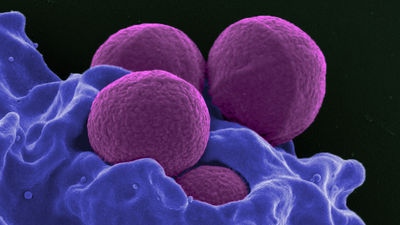Alzheimer's researcher sued for fabricating and falsifying data to fraudulently receive $16 million in research funding

On June 27, 2024, federal prosecutors indicted Professor
Office of Public Affairs | Professor Charged for Operating Multimillion-Dollar Grant Fraud Scheme | United States Department of Justice
https://www.justice.gov/opa/pr/professor-charged-operating-multimillion-dollar-grant-fraud-scheme

gov.uscourts.mdd.562688.1.0.pdf
(PDF file)
Cassava Sciences Issues Statement on Former Science Advisor | Cassava Sciences, Inc.
https://www.cassavasciences.com/news-releases/news-release-details/cassava-sciences-issues-statement-former-science-advisor
Embattled Alzheimer's Researcher Is Charged With Fraud - The New York Times
https://www.nytimes.com/2024/06/28/health/wang-cassava-alzheimers-fraud.html
According to legal documents, between May 2015 and April 2023, Wang applied for grants from the NIH based on research results that fabricated or falsified scientific data. As a result, he was awarded approximately $16 million in grants between 2017 and 2021. According to the Department of Justice (DOJ), some of the grants were used to cover Wang's research expenses and salary.
Wang previously worked at the biotechnology company Cassava Sciences , where he worked on diagnostic tests for Alzheimer's disease and the Alzheimer's drug simufilam .

However, some scientists have raised
These concerns led federal prosecutors to charge Wang with one count of grand smash-and-grab fraud, two counts of wire fraud, and one count of making false statements, which carry a maximum sentence of 55 years in prison if convicted.
The State University of New York, where Wang is a professor, is also conducting its own investigation, and the investigative committee reported that it 'found evidence that strongly suggests intentional scientific misconduct by Wang in 14 of the 31 allegations.' It has also become clear that Wang did not preserve the research data before falsifying it. Members of the investigative committee criticized the allegations, saying, 'This constitutes serious research misconduct,' and a spokesperson said, 'We will fully cooperate with the FBI's investigation until the matter is resolved.'

NIH spokesman Lennart Miles said, 'NIH takes this case of research misconduct very seriously. We promptly and carefully review all allegations of research misconduct we receive.'
Related Posts:
in Science, Posted by log1r_ut







